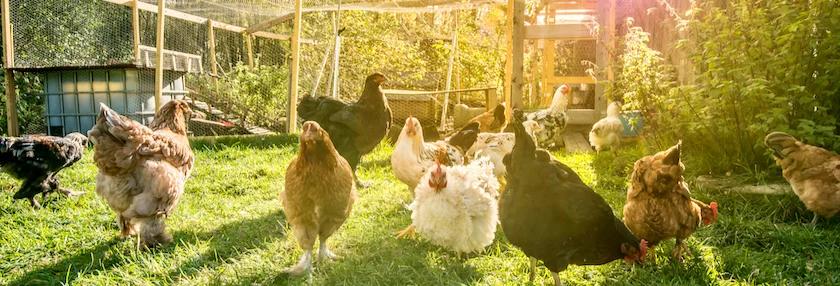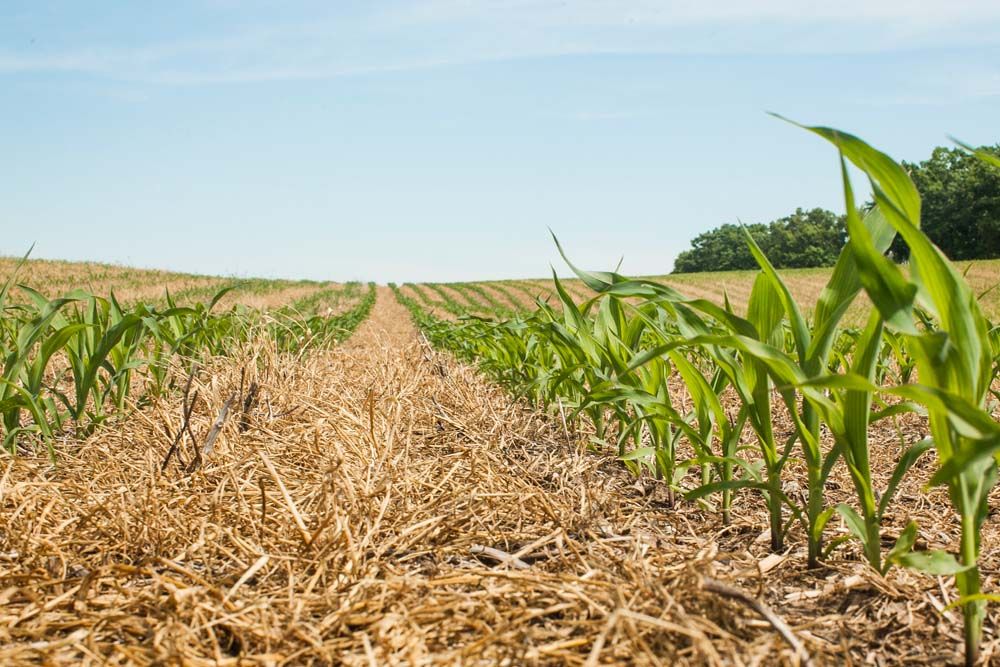Home Grown Versus Store-Bought Eggs


Are cheaper eggs even possible?
The price of eggs has risen significantly in the last year so consumers are asking, “Would it be cheaper to raise my own laying hens?”
Let’s dive into the cost of raising chickens on your own and determine if it’s cheaper to buy the grocery store eggs or venture into your own flock.
Home is where the coop is
First, you’ll need a coop. Chicken coops can be extremely basic or extravagant, so many chicken coops are custom built, and the price ranges significantly from coop to coop.
Bare bones, plan on at least $200 for the barest minimum set up, including feeders, waters, some type of nesting box, a roost, and a basic enclosure. Likely, you’ll spend much more than $200 just to get started.
Chicken math
You’ll need to acquire some chickens—this is the fun part! There are tons of different chicken breeds, each being a different size, color, and personality.
Make sure to only purchase the amount of chickens that you have space for in your coop. Cramped conditions lead to unhappy chickens and can affect egg production.
Chicks cost $2 to $5 each, so factor in this cost for how many chickens you’ll be purchasing. Grown laying hens will run $20+ a chicken, so this can hike your start-up costs quite a bit.
Maintenance, costs
Once chickens are laying age, costs don’t end. You have to factor in the feed/water/bedding costs of getting your chicks up to laying age, so let’s say that averages about $10 a chicken (a very conservative guesstimate!).
Hens gotta eat, so plan on feeding about ¼ lb of food per day per chicken. Feed costs vary wildly based on type of feed and regional differences, but let’s say that’s around 15 cents of feed per day, per chicken.
Different chicken breeds lay different amounts of eggs, but usually you can expect at least 200 eggs from your chicken each year.
So let’s add it all up and see what kind of savings we are getting!
Coop $200 minimum
Chickens 5 adult chickens ($20 each) = $100
Food for 1 yr. $275
Various expenses (bedding, water costs, repairs, replacement chickens, etc.) $50
TOTAL $625 for the first year!
A flock of five chickens may lay around 80 dozen eggs in the first year, so that’s approximately $7.80 per dozen. In future years, once the initial cost of the coop and purchase price of the chickens is eliminated, it will cost about $4 to produce one dozen eggs.
So no, it’s not really cheaper to raise your own chickens. Of course, there are ways you can make it cheaper; using free/scrap materials to build your coop, only free-ranging chickens and not purchasing a commercial feed, and having fewer chickens. P
In the long run
Chickens rarely lay consistently, so you will be overrun with eggs in the spring and summer and may have hardly any in the winter.
If you had five chickens that laid 80 dozen eggs in one year, you’d have to eat 18 eggs a week in order to consume them all, which may not be doable for your family.
Raising livestock on a small scale is rarely cheaper than buying products in the grocery store. If you’re just worried about the cost, you won’t enjoy owning and caring for a flock of chickens.

More than just food
Most people who own chickens will tell you it’s not about saving money. Having laying hens can be a rewarding experience.
Like most pets, chickens have unique personalities that often bring a smile to your face. They are fun to feed food scraps too, some enjoy being held, and some are just plain goofy. And with so many beautiful breeds out there, many people just like to enjoy watching their flock in the yard.
About the author
When not tending to her own 17-acre farm, Michelle Miller aka The Farm Babe is a writer, public speaker, and social media influencer on food and modern agriculture. Learn more about her at thefarmbabe.com.
Tags:The Farm Babe

Acreage Life is part of the Catalyst Communications Network publication family.
















